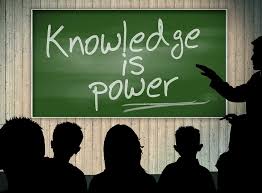
There are two basic flavors of life-changing insight.
Firstly, there are the spiritual insights, which always pertain to something about the eternal present. Maybe it’s perceiving the sacredness of all things, awareness splitting off from the ego, or dropping into a boundless love.
Secondly, there’s the human insights, which refer to meaning, purpose and choices. Maybe it’s figuring out your life’s calling, realizing it’s time to leave a job, or understanding the meaning of your friend’s death.
In either flavor, the insights happen totally unpredictably—some call this grace. Maybe it comes through a peak experience in nature. Maybe through a profound absorption in song or dance. Maybe through the deep stillness of sitting meditation. Or, maybe through nothing special, like cleaning the bathroom sink.
Continue reading ““Tricking yourself” into Life-Changing Insight”

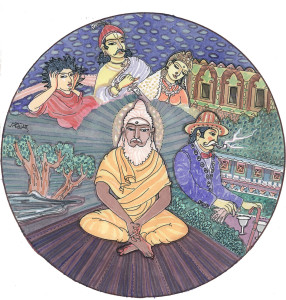

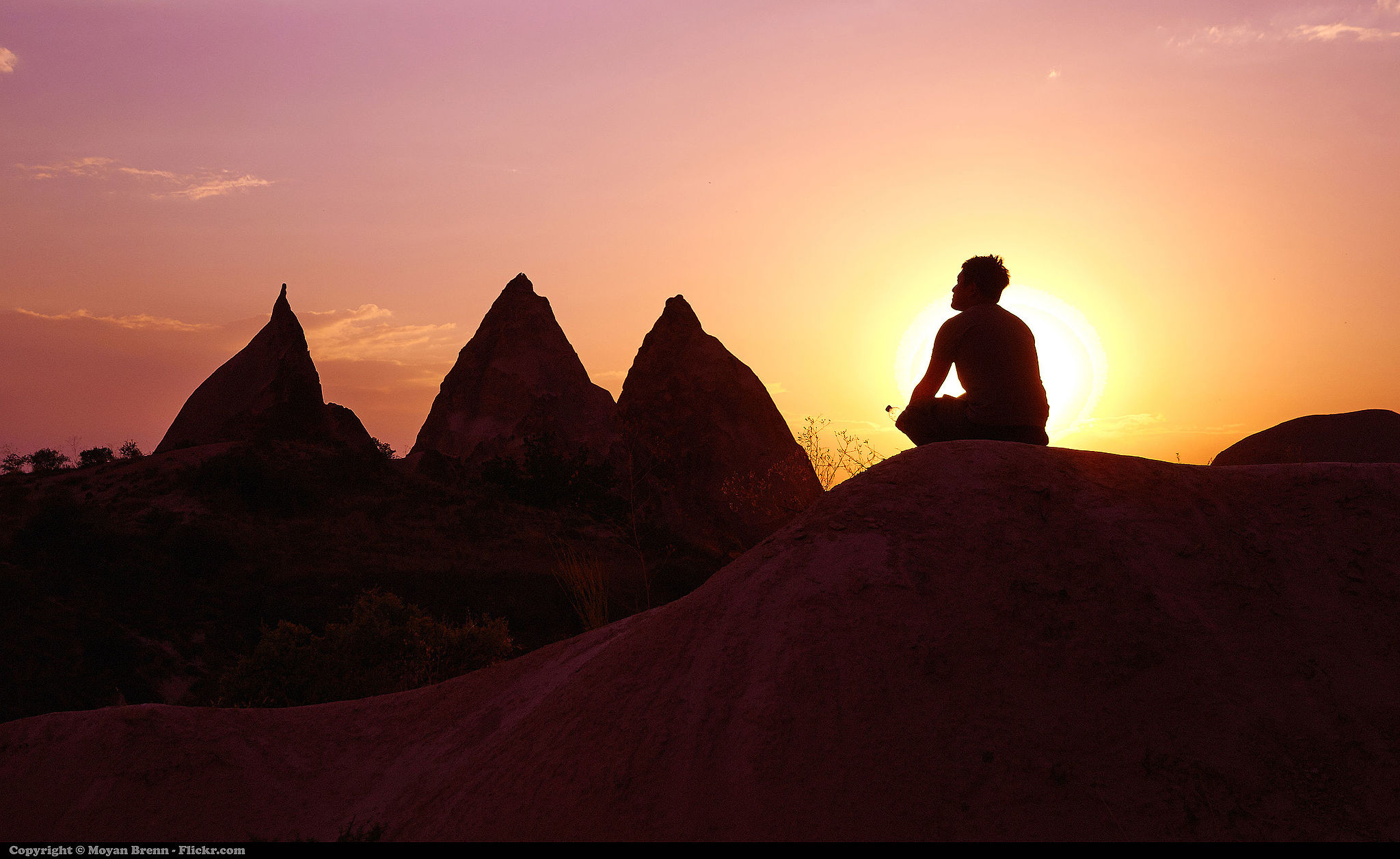
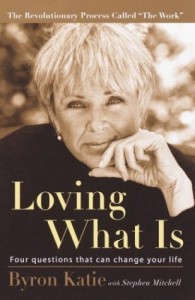
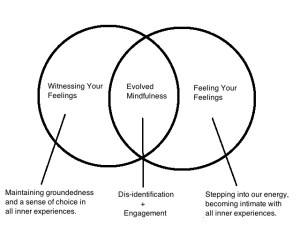


 A friend and I were in Myanmar, sitting in the bus station lobby, ready for our 12 hour trip to Bagan.
A friend and I were in Myanmar, sitting in the bus station lobby, ready for our 12 hour trip to Bagan.